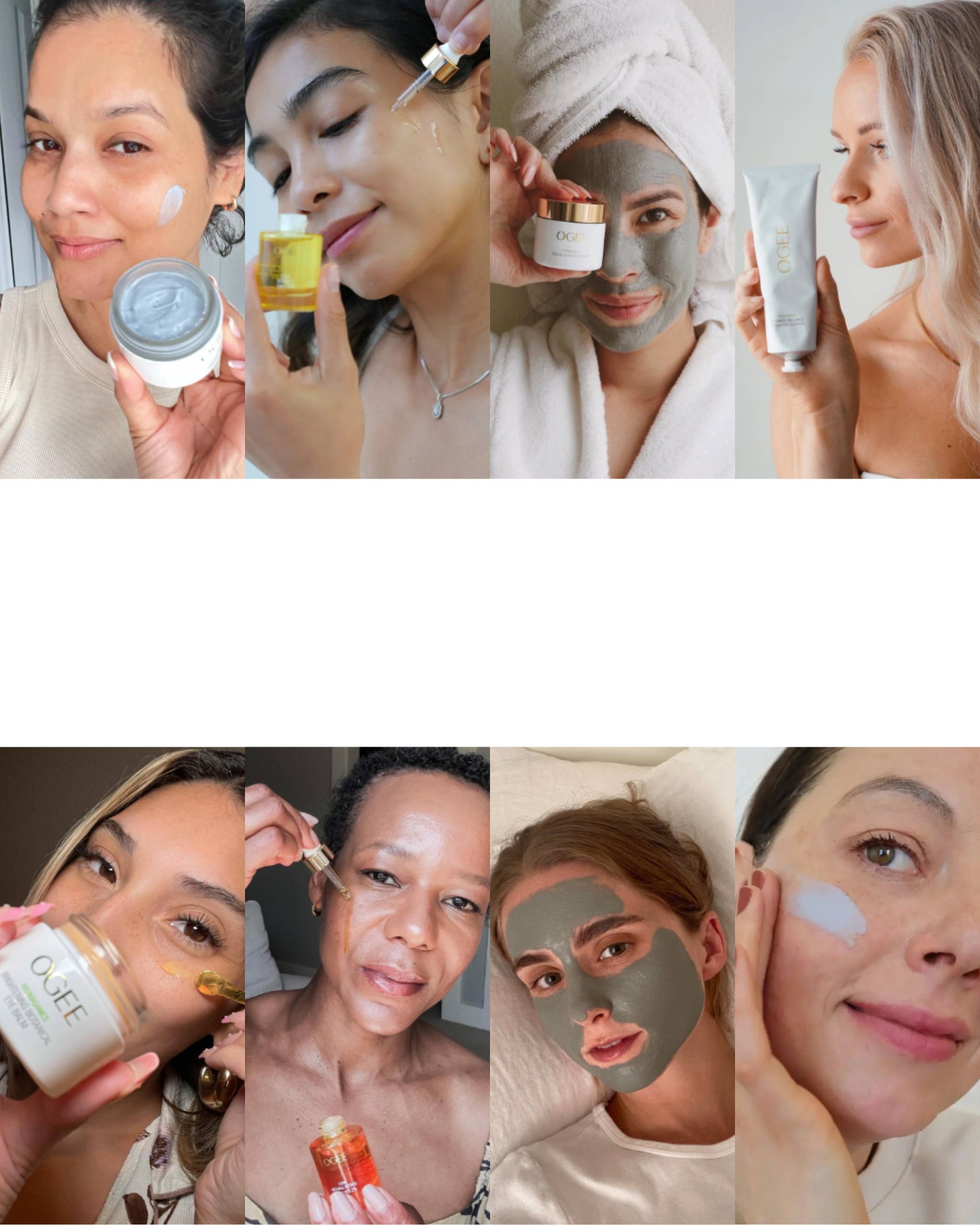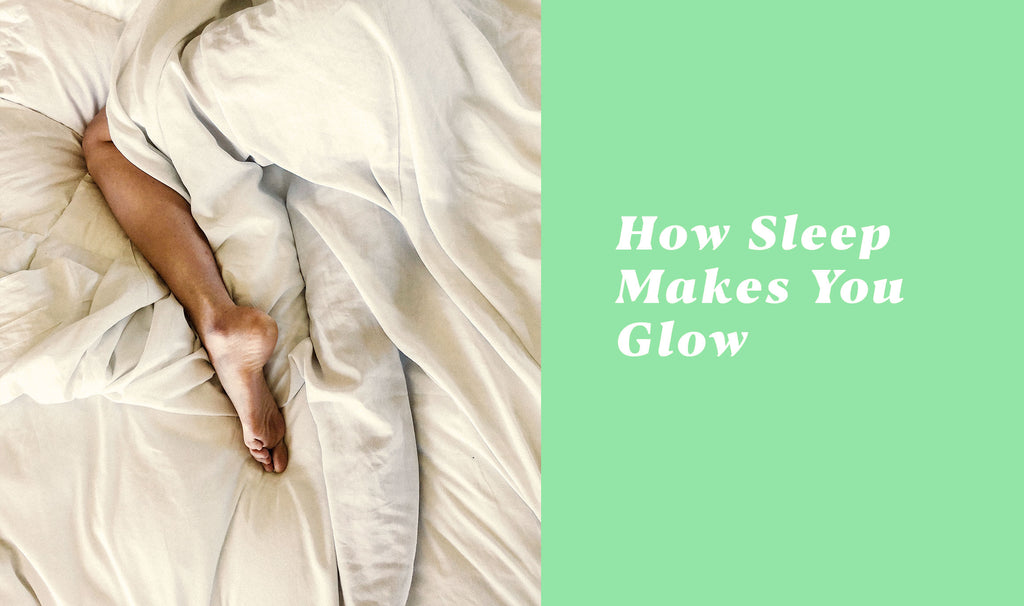

Sleep and hydration are the cornerstones of a healthy, radiant complexion. Imagine waking up with skin that glows from within, a natural beauty that reflects your well-being. This article explores the undeniable link between sufficient rest and hydration, and how they dramatically shape your skin’s natural glow. We’ll discuss the vital role of sleep in skin cell regeneration, the importance of water intake for skin elasticity and hydration, and how stress can negatively impact both. Furthermore, we’ll offer practical tips and strategies to improve your sleep and hydration habits for a more vibrant complexion. This article will guide you through a comprehensive understanding of how sleep and hydration synergistically work to enhance your skin’s natural radiance, helping you achieve that coveted, healthy glow.
The Power of Sleep for Skin Regeneration
Deep Sleep and Skin Cell Turnover
Sleep is critical for skin cell regeneration and repair. During sleep, our bodies prioritize essential processes, including tissue restoration and renewal. A regular, quality sleep cycle allows skin cells to effectively regenerate, leading to smoother, more resilient, and radiant skin. Sleep deprivation, conversely, can disrupt these vital processes, manifesting in visible signs of dullness, dryness, and inflammation. Studies have shown that individuals who consistently get 7-9 hours of quality sleep often experience a more youthful and healthy appearance. This happens due to the body’s release of growth hormones during deep sleep, which play a critical role in collagen production, essential for maintaining skin elasticity and firmness.
The Role of Hormones in Sleep and Skin
Sleep directly influences the production and regulation of crucial hormones related to skin health. For instance, growth hormone release is concentrated during deep sleep, a phase essential for cell repair and renewal. Additionally, cortisol, a stress hormone, can disrupt sleep patterns and negatively impact skin health. When sleep is interrupted, it results in increased cortisol levels, triggering a cascading effect on skin health, potentially leading to breakouts, dryness, and premature aging. By maintaining a consistent sleep schedule, you can regulate the hormonal balance that promotes healthy skin. This is essential to ensure the skin produces adequate collagen.
Hydration’s Impact on Skin Health
The Importance of Water for Skin Elasticity
Hydration plays a vital role in skin health, contributing to skin elasticity, hydration, and overall glow. Water acts as a crucial component in maintaining skin’s moisture barrier, preventing dryness and dehydration. Dryness can lead to dullness, fine lines, and premature wrinkles. Maintaining optimal hydration supports skin’s natural ability to retain moisture, providing a plump, dewy appearance, and preventing those tell-tale signs of dehydration.
Skin Hydration and Cell Function
Adequate water intake is essential for optimal skin cell function. Skin cells require proper hydration to perform their roles in maintaining the skin’s barrier function and appearance. Dehydration can lead to dullness and a lack of radiance, while proper hydration keeps the skin cells plump and healthy. Drinking sufficient water throughout the day helps transport nutrients to the skin cells, nourishing them and facilitating their optimal function. This process, in turn, significantly contributes to a more radiant and youthful appearance.
The Interplay of Sleep and Hydration
Synergy of Sleep and Hydration
The connection between sleep and hydration is deeply intertwined. Adequate sleep allows the body to effectively utilize the hydration you provide, maximizing its benefits for your skin. Conversely, dehydration can worsen the effects of sleep deprivation. A lack of sleep can lead to a decrease in the skin’s ability to retain moisture, exacerbating the negative impacts of dehydration. Therefore, a proper balance of sleep and hydration is crucial for maintaining overall skin health and promoting a radiant complexion. Sleep, hydration, and a healthy lifestyle are essential for maintaining skin vitality, as demonstrated in several studies. This combination leads to a more consistent glow throughout the day.
Strategies for Optimal Hydration and Sleep
Implementing strategic habits that promote both sleep and hydration can significantly improve skin health. For instance, establishing a regular sleep schedule and incorporating relaxing bedtime routines can dramatically improve sleep quality. Likewise, consistently drinking an adequate amount of water throughout the day can maintain optimal hydration. These efforts, coupled with a healthy diet, contribute significantly to a healthy, glowing complexion.
Lifestyle Factors Impacting Skin Health
Stress Management Techniques
Stress can significantly impact both sleep and hydration, negatively affecting skin health. High levels of stress can lead to disrupted sleep patterns and decreased water intake, potentially manifesting in breakouts, dullness, and premature aging. Incorporating stress-reducing techniques, such as meditation, yoga, or deep breathing exercises, can promote relaxation and improve sleep quality, contributing to a healthier complexion. Mindfulness and a balanced approach to daily routines can improve mental health and well-being, which subsequently translates to more effective hydration and sleep.
Related Post : Minimalist Beauty: Embracing Simplicity for Healthier Skin
Nutrition and Skincare Routine
Nutritious Diet for Radiant Skin
Nourishing your body with a balanced diet rich in vitamins, minerals, and antioxidants supports overall health, including skin health. Eating foods rich in antioxidants, such as fruits and vegetables, can protect the skin from damage caused by free radicals, contributing to a more radiant complexion. Foods rich in collagen, such as bone broth, can also improve skin elasticity and firmness. Implementing a consistent skincare routine is also crucial, with targeted products that help maintain hydration and address concerns like dullness or breakouts.
Skin-Related Conditions and Solutions
Impact on Skin Conditions
Certain skin conditions may exacerbate the importance of adequate sleep and hydration. Individuals with acne-prone skin, for example, might find that optimizing sleep and hydration helps manage breakouts and promotes healing. Similarly, those with sensitive skin may find that maintaining a balance between rest and hydration is crucial in soothing the skin. Consult with a dermatologist for personalized advice tailored to your specific skin concerns.
Practical Advice for Glow Improvement
Consistent Sleep Schedule
Establishing a consistent sleep schedule is key to optimizing sleep quality. Aim for 7-9 hours of sleep per night, and stick to a regular bedtime and wake-up time, even on weekends. Creating a relaxing bedtime routine can set the stage for quality sleep, enhancing skin health.
Hydration Strategies
To ensure adequate hydration, aim to drink an appropriate amount of water each day. Carry a water bottle and remember to sip on water throughout the day, especially during demanding activities and in hot weather. This is an actionable approach to maintaining optimal hydration levels. Choosing hydrating foods and drinks in addition to water also contributes to optimal hydration.
Case Study Examples and Statistics
Real-World Scenarios
Numerous studies highlight the relationship between sleep, hydration, and skin health. Scientific research emphasizes the importance of hydration for proper skin cell function and its role in maintaining skin’s moisture barrier. Consistent sleep, particularly deep sleep, is crucial for collagen production, impacting skin elasticity and firmness. Maintaining consistent sleep habits is key for a healthy complexion.
Statistical Evidence
A study by [insert credible source here] revealed that individuals who consistently got 7-9 hours of quality sleep experienced a significant improvement in skin elasticity and hydration.
The Science Behind Skin’s Beauty
Cellular Processes in Skin
Understanding the cellular processes within skin highlights the critical role of sleep and hydration. Sleep deprivation and dehydration both impact the skin’s cellular function, affecting the formation and maintenance of collagen and elastin fibers. Proper hydration and sleep promote these processes, yielding glowing, healthy skin. Cellular health is therefore critical for a vibrant complexion.
Skin Barrier Function
Maintaining a healthy skin barrier is vital for preventing moisture loss and promoting skin radiance. Adequate hydration and sleep are essential to keep this barrier intact. When the skin barrier is compromised, it can lead to dryness, irritation, and inflammation, diminishing your skin’s radiant glow. This supports the idea that consistent sleep and hydration are key factors for a radiant complexion.
In conclusion, prioritizing sleep and hydration is crucial for achieving a radiant complexion. By understanding the intricate link between these elements and healthy skin, you can implement actionable steps to enhance your skin’s natural glow. Start by setting a consistent sleep schedule, ensuring adequate water intake, and exploring mindful practices like stress reduction techniques. Remember, nourishing your body from the inside out is key to unlocking your skin’s true potential for healthy, vibrant beauty. Ready to embark on this journey of self-care and discover your skin’s inherent radiance? Schedule a consultation with a dermatologist or explore skin-care routines designed to promote healthy hydration and sleep. This will help you tailor your approach to your individual needs for optimal results.